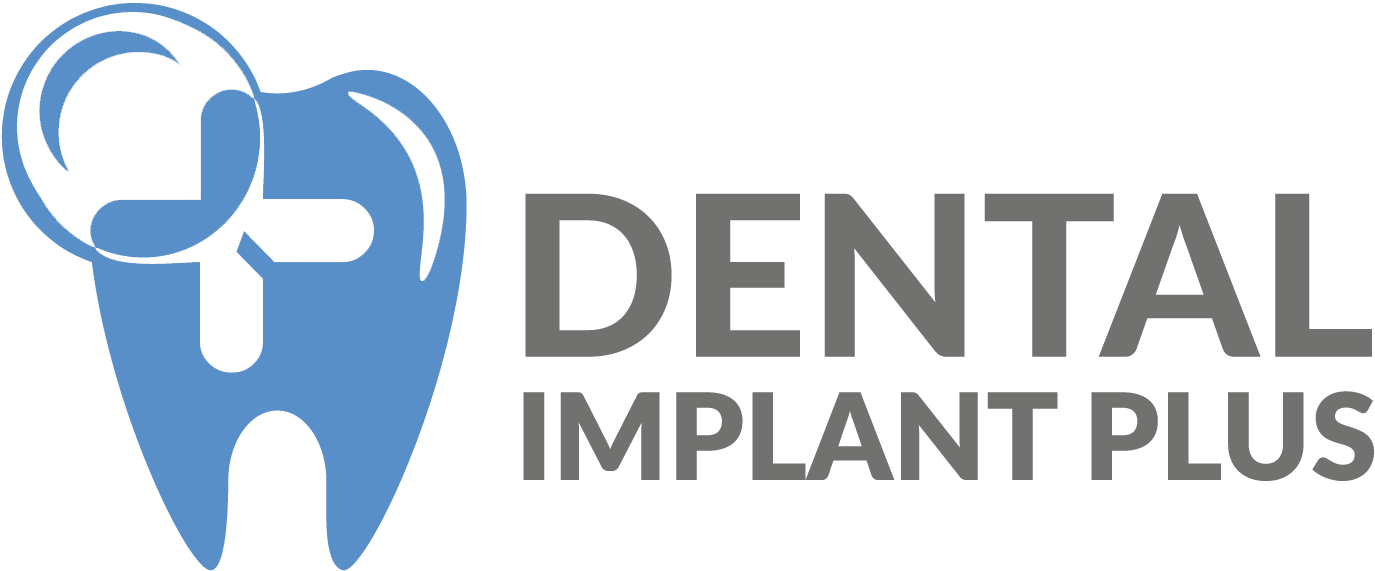Home » Unique Challenges of Aging Teeth and Gums
Senior Smiles: Oral Health Tips
As we get older, our teeth and gums change, too. And when older adults have health problems, their dental health is even more important. Whether it’s dry mouth, dentures, or implants, here’s a guide to keeping your smile healthy and happy in your later years.
Dry Mouth: What to Know
Dry mouth, or xerostomia, is a common problem for seniors. It’s when your mouth doesn’t produce enough saliva. Getting enough saliva is important because it helps food move through your mouth when you chew, and it washes away food particles and bacteria. Without enough saliva, you can get more cavities, gum disease, and soreness.
Dentures: Taking Care of Your New Teeth
Dentures are a common way for seniors to replace missing teeth. They help with eating and speaking and can improve your appearance. However, dentures need proper care to stay in good shape and to fit comfortably.
Dental Implants: A Permanent Solution
Dental implants are another option for replacing your missing teeth. They can provide more permanency in replacing your teeth as well as the look and feel of them functioning just like your own natural teeth. Dental implants offer a foundation for your teeth that can improve your smile and your bite.
Gum Disease: Keeping It at Bay
Gum disease is a significant concern for seniors. It can lead to serious problems if not treated. Factors like poor oral hygiene, diabetes, and certain medications can increase your risk. Keeping up with your dental care is key to preventing gum disease.
Oral Cancer: Early Detection Is Key
Older adults are at a higher risk for oral cancer, so regular check-ups are crucial. Your dentist can screen for any early signs of oral cancer, which is essential for effective treatment.
Tips for a Healthy Smile
Here are some simple steps to maintain good oral health:
- Stay Hydrated: Drink plenty of water throughout the day.
- Stimulate Saliva: Chew sugar-free gum or suck on sugar-free candies.
- Use a Humidifier: Adding moisture to the air can help with dry mouth.
- Limit Caffeine and Alcohol: These can contribute to dehydration.
- Brush and Floss Regularly: Use a fluoride toothpaste and a soft-bristle brush.
- Visit the Dentist: Regular check-ups and professional cleanings are important.
- Care for Dentures: Clean them daily with a soft brush and mild soap or denture cleaner. Remove and soak them overnight to keep them moist and prevent warping.
- Protect Implants: Avoid hard or sticky foods that could damage them.
- Watch for Oral Cancer Signs: Be aware of any persistent sores, lumps, or changes in your mouth and avoid tobacco and limit alcohol to reduce risk.
By following these tips and staying in touch with your dentist, you can keep your smile healthy and bright as you age. A well-cared-for smile contributes to your overall health and helps you enjoy life with confidence and joy.






